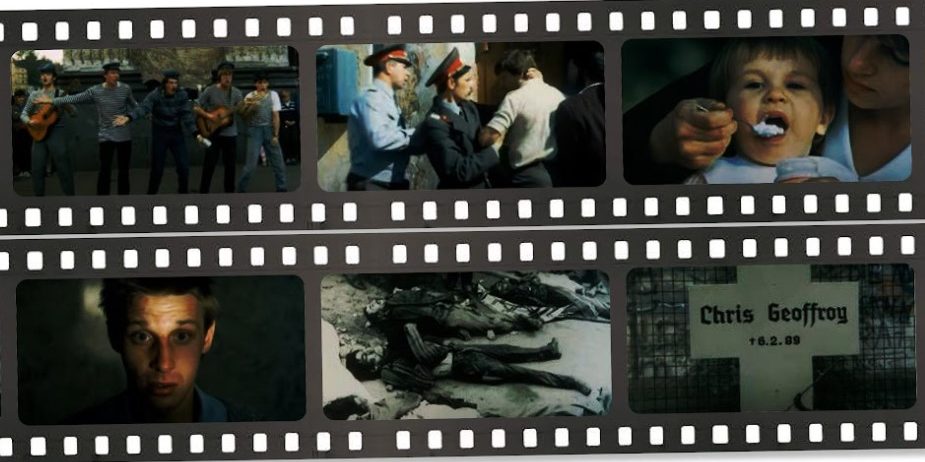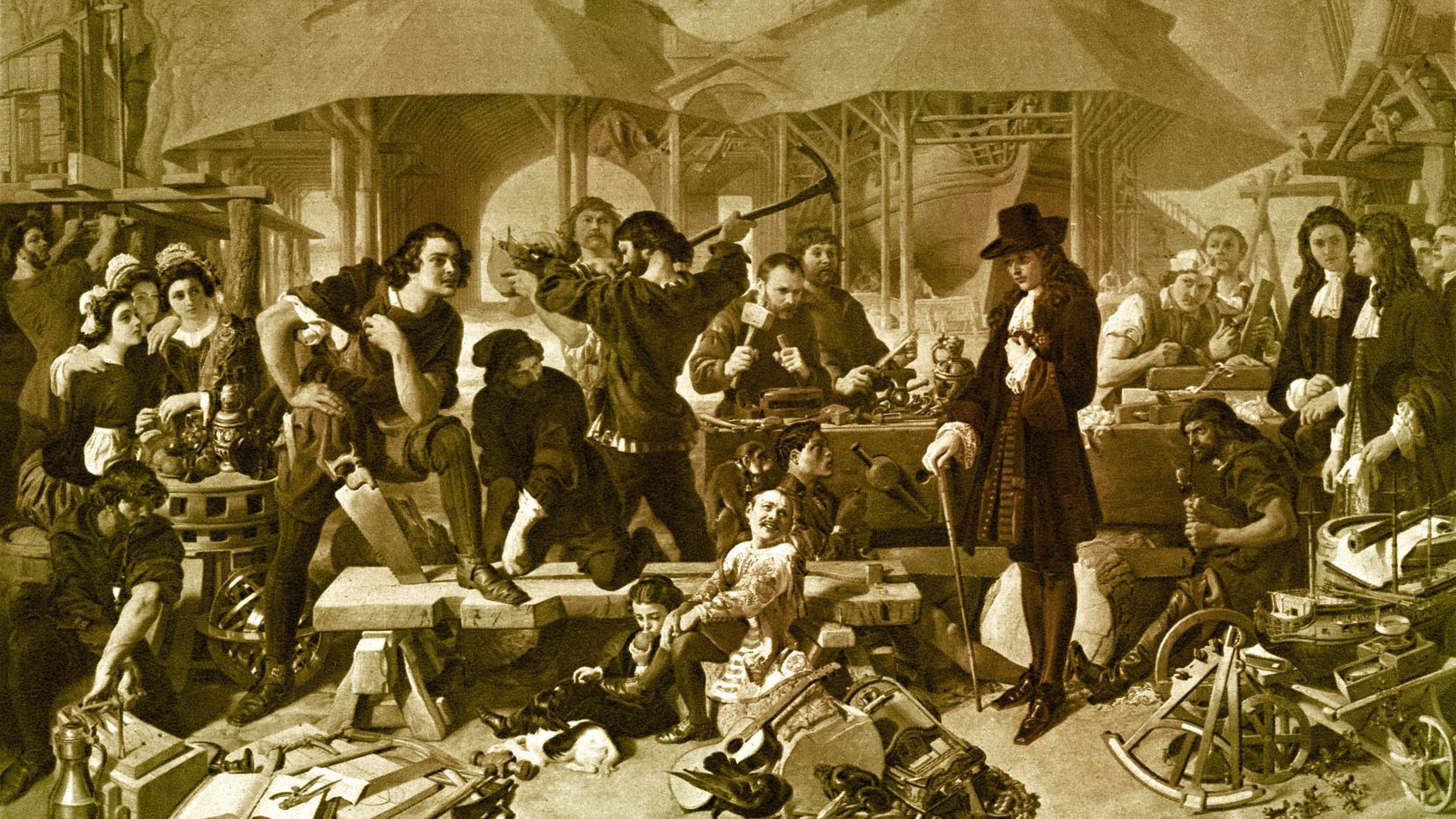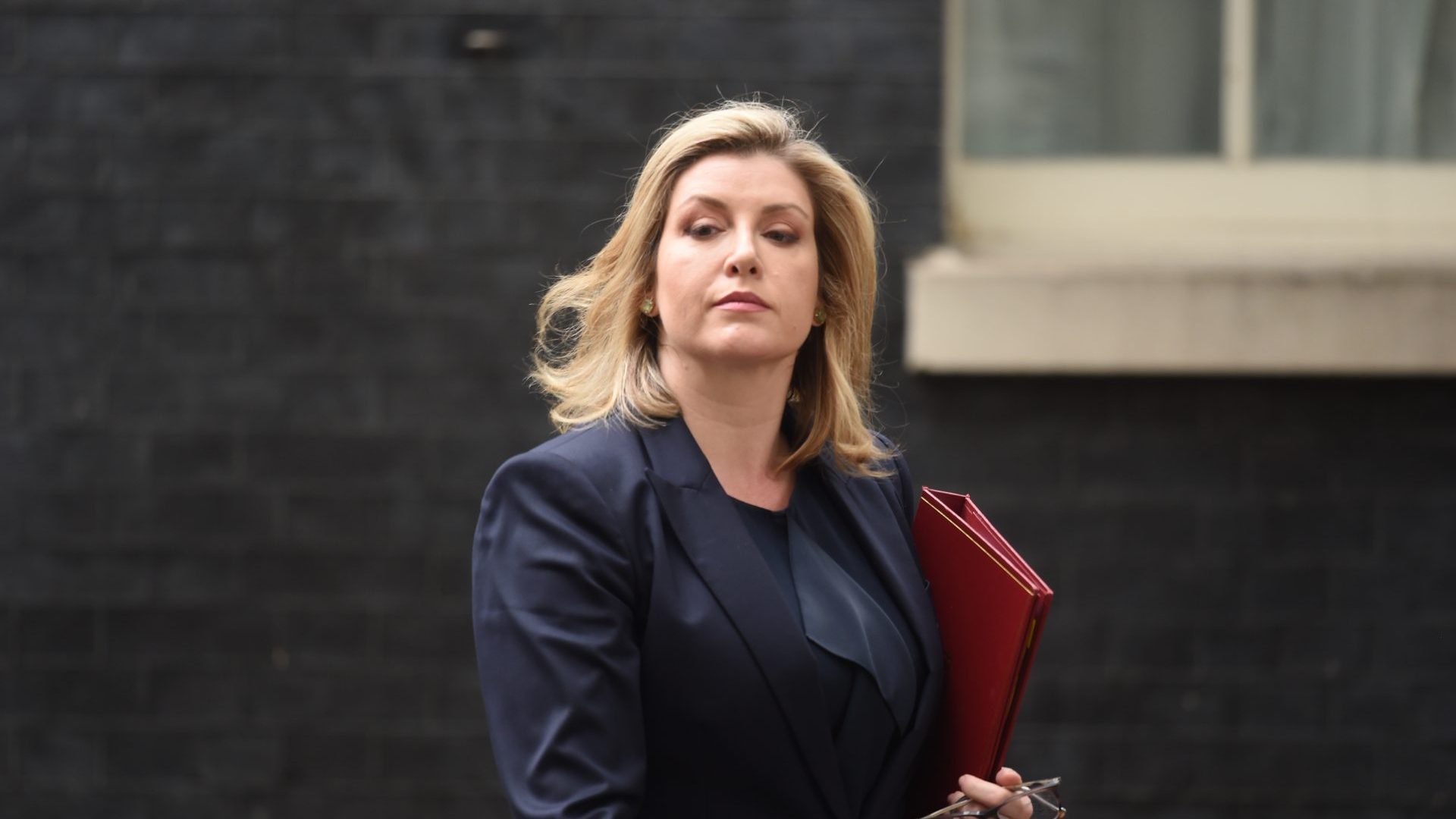In 1990, the director Stanislav Govorukhin released a film entitled You Can’t Live Like This. The film chronicled the sordidness of daily life in the Soviet Union, the poverty and the inhumanity. This was an irredeemably bleak picture of a discredited and degenerate society.
Instead of those responsible being punished, instead of the film being banned, or cut beyond recognition in the censor’s office, as offerings such as this would previously have been, it became the clarion cry from the top for a new kind of Russia. It was screened, at the insistence of Mikhail Gorbachev, president and Communist party general secretary, to the ruling Politburo. Then the Central Committee was summoned to watch it. Then members of parliament. As soon as it was released nationwide, cinemas were packed.
Two years later, and one year after the dissolution of the USSR, Govorukhin was back, this time with The Russia That We Lost. The audience around me at the Moscow cinema were transfixed, but also angry. The movie was gritty; it was grey about the present; romantic about the past.
Why tell this story now, as Russia is locked in war with the West, as thousands die, as towns are pummelled with artillery, as the nuclear “deterrent” looks more threatening than it has for half a century? Because it tells you everything you need to know about a mindset and a way of looking at the world that Vladimir Putin both represents and exploits.
The era when I lived as a correspondent in Russia in the early 1990s is one that I remember with fondness. As Communism fell, the entire country opened up. Whole swathes of the country that had been out of bounds to foreigners (and some areas forbidden to Russians, too) suddenly became accessible. Culture exploded. New media came on tap. People were free to say what they wanted, to stand for parliament, to demonstrate and to travel. It was a time of exhilaration. It was also a time when millions lost their savings, their jobs, their sense of self.
According to the official narrative, the 1990s was the time of pozor, shame. This was a period when Russia allowed itself to be “humiliated”. Its borders shrank, its finances went into freefall (except for a chosen few who stole the country’s natural resources) and, worst of all, it allowed itself to be schooled by Western advisers in how to turn itself into a free-market economy and liberal democracy. I remember how Americans, Brits, French and others would be present at Economics Ministry press conferences, advising the ministers on what to say.
The history of post-Communism is well documented. The exciting early years of Boris Yeltsin’s rule degenerated into a haze of corruption, nepotism and no little alcohol, as Russia’s natural resources were sold off on the cheap to a bunch of crooks, otherwise known as biznizmeny. It was called privatisation – privatizatsiya. Ordinary Russians dubbed it prikhvatizatsiya, theft.
Everything and everyone could be bought. By the end of the 90s, the new class of oligarchs and their friends in the Yeltsin “family”, as the elite was known, wanted a pliant leader to take over. They alighted on a certain Vladimir Putin, a former middle-ranking KGB agent in East Germany.
They assumed he would do their bidding; he was duly installed on New Year’s Day 2000. Within months he turned the arrangement on its head. He summoned the men who had made billions out of oil and gas, aluminium and other natural resources, and gave them a message: you can make as much money as you like as long as you don’t meddle in politics.
There was a further, unspoken, part of the deal. They should look after the new boss and his friends. They too wanted a slice of the pie. It has long been estimated by Western intelligence that Putin’s net worth amounts to $50bn (£37bn). That is probably an under-calculation. In any case, it is largely irrelevant, if you simply seize whatever you want.
Many Russian journalists who have tried to investigate Putin’s wealth have been murdered; those in the West are harassed and sued for libel, courtesy of British lawyers whose role in propping up the Putin regime is one of the most sordid.
Was Putin’s direction towards dictatorship and then this war part of a continuum? Or did something happen to him?
For the first few years, even as he imprisoned businessmen who refused to do his bidding, and as activists who asked too many questions found themselves dead at the bottom of stairwells, Putin flirted with the West. He sympathised with the US after 9/11 and tacitly supported the invasion of Afghanistan. He tolerated the war in Iraq. He looked the other way when the EU sought to expand into the former Soviet republics.
Then he snapped. I saw it for myself. In September 2004 I was part of a small group of international journalists and analysts invited one evening to the president’s residence at Novo-Ogaryovo on the outskirts of Moscow. For four hours, late into the night, Putin let his anger rip.
I was asked to open the questions, so I asked the president about Russia’s borders. For 30 minutes, he unleashed a soliloquy that was fluent and angry. He complained bitterly about being taken for granted. He reverted to the classic default of encirclement and grievance. What thanks, he asked us, had he ever received from the West for his “assistance”. Just “more CIA-inspired revolutions” on his doorstep, more humiliation.
Fast forward more than a decade, past two military assaults on Georgia, the annexation of Crimea, the seizure of much of the Donetsk and Luhansk regions of eastern Ukraine, the poisoning of Alexander Litvinenko, the Skripal affair in Salisbury, and countless other murders: many of Putin’s subsequent actions can be traced back to then.
And yet Putin was treated as nothing more than a disrupter, a cyber-hacker and a bully, but not like Xi Jinping, not someone who should be taken seriously by the Americans or Europeans. This loss of status reinforced the grievance, the sense of encirclement. All the while, oligarchs tied to him were laundering their money and reputations across the Western world, while the West was opening its arms to his dirty money.
The dictatorship of now does not, however, resemble the dictatorship of old. On the surface, Moscow and St Petersburg resemble fully globalised, glittering cities. Top restaurants are sold out for weeks. And yet on those very same streets, people are picked up and imprisoned for mounting even the most innocent protests.
It was his brilliant investigation of corruption at the very top that led opposition leader Alexei Navalny to be first poisoned and then imprisoned. Navalny’s extraordinary film, Putin’s Palace, a combination of forensic reporting and mockery, is – like Govorukhin’s in his time – perhaps the definitive take on the era.
Govorukhin’s trajectory turned out to be somewhat different to Navalny’s. He soon turned to politics, becoming a deputy in the State Duma (parliament) in 1993. He moved enthusiastically into the Putin camp, campaigning for his United Russia party and for the president personally, and endorsing the annexation of Crimea. After Govorukhin died in 2018, Putin was among the mourners at his funeral, laying flowers on the coffin and sitting next to the director’s widow, Galina.
For Govorukhin and those like him – and, of course, for Putin – humiliation lies at the heart of Russian identity. They cannot bring themselves to ask themselves why a country so talented, so cultured, has for so much of its history been a source of so much repression and misery. They always look for others to blame.




